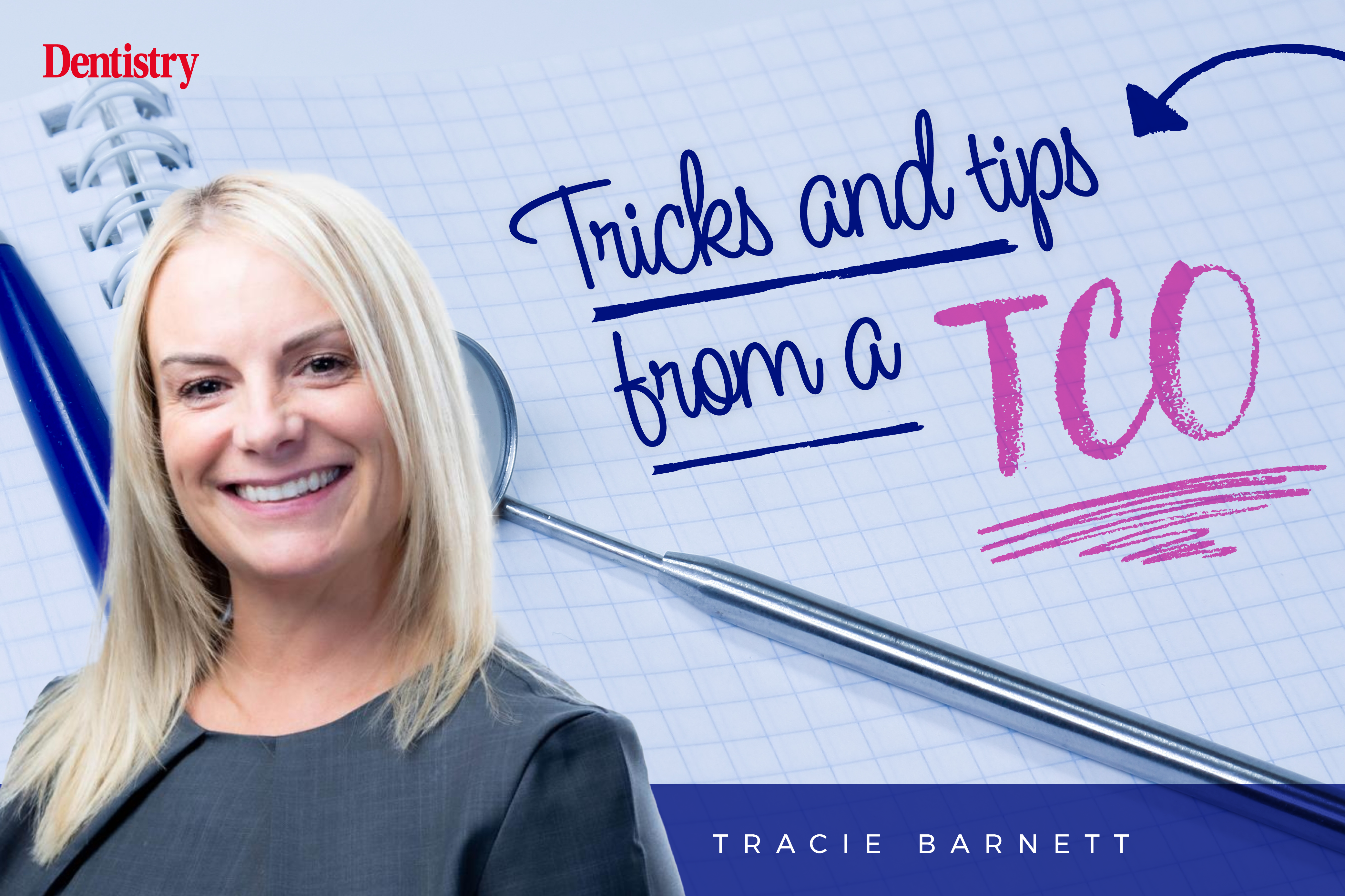
Tracie Barnett offers a treatment coordinator’s perspective on imposter syndrome – what is it, how does it affect us and what can we do about it?
What is imposter syndrome and how does it affect us?
Imposter syndrome is a psychological phenomenon where individuals doubt their own abilities and talents and feel like they are unworthy of their achievements. It is a common experience for many professionals, and dental treatment coordinators are no exception.
As I celebrate my 29th year in dentistry, I never imagined that I could experience imposter syndrome. After all, I have years of experience, I have attended numerous training courses and even deliver them myself now. I have an excellent track record of successful treatment coordination.
My background
I left high school in 1995 with no qualifications. I wasn’t academic at all – I used my time in school to catch up with friends and have fun.
In 1996, I started my first position as a trainee dental nurse and learnt the ropes on the job. This was the start of my career in dentistry. I was a very successful dental nurse for 23 years before I became a treatment coordinator (TCO) almost six years ago.
I gained my dental nurse qualification in the late 1990s and didn’t study again until 2020 when I gained a level 3 qualification in Invisalign treatment coordination. In 2022, I worked hard to achieve a level 3 qualification in education and training.
Still GDC registered, I now spend part of my week in practice as a TCO. The rest of the week I am lucky enough to be able to share my knowledge and experience with other TCOs as a mentor.
I also deliver training courses to dental nurses and TCOs to help them upgrade their careers.
But despite all of this, there are times when I feel like a fraud. Part of me wonders how I got here!
So overwhelming
One of the reasons why imposter syndrome can be a prevalent experience for treatment coordinators is the wide range of skills and knowledge needed for the job. Not only do we have to understand technical dental terminology, but we must also be knowledgeable about treatment procedures and consider patient communication styles.
It can be overwhelming to know that we are relied upon to keep track of all these things, and to ensure that everything runs smoothly for our patients.
Keeping up with change
There is also a pressure to constantly learn and improve our knowledge. With new dental technologies and treatments constantly being introduced, it is important that we stay up to date with the latest advancements in the field.
However, this can also be a breeding ground for imposter syndrome because we may feel like we don’t know enough or can’t keep up.
Seven years ago, I really struggled with technology. It held me back from applying for jobs, I was terrified of change or learning new modern ways of doing things. But I realised that without change, I was actually holding myself back.
So, how do we deal with imposter syndrome?
Let’s take a look at some points to help us.
Understand you’re not alone
The first step is to acknowledge that it is a common experience, and that it does not make us any less capable. It is important to recognise our strengths and achievements, and to remind ourselves of them when we feel doubt creeping in.
Seek help
It is also helpful to seek support from our colleagues and mentors. Talking to someone who understands what we are going through and can offer encouragement and guidance can help us feel less alone.
Challenge your negative thoughts
When we think we are not good enough or don’t know enough, we can actively challenge these thoughts by reminding ourselves of our experiences and accomplishments. We can also take steps to continue learning and improving our knowledge, but recognise that we are not expected to be experts in everything.
Learn from your mistakes
It is important to remember that mistakes and failures are natural parts of the learning process. We will not always get everything right, but we can learn from our experiences and grow from them.
I wouldn’t be honest if I said I’d never made a mistake, but it’s very true, we do learn from our mistakes. It only makes us better at what we do.
Food for thought
Imposter syndrome can be a challenging experience for treatment coordinators, but it is something that we can overcome. By recognising our strengths, seeking support from others, challenging our negative thoughts and embracing the learning process, we can navigate imposter syndrome and continue to excel in our important role in the dental field.
We must also remember, we have worked hard to get where we are today. We deserve all the recognition we receive but we must learn to believe in ourselves!
I offer help and support on this topic and others on The Aligner TCO Network.
Read more Tricks and Tips from a TCO columns:
- Transitioning from dental nurse to TCO
- Three common TCO communication mistakes
- Five reasons why your practice needs a treatment coordinator in 2023.
Follow Dentistry.co.uk on Instagram to keep up with all the latest dental news and trends.


